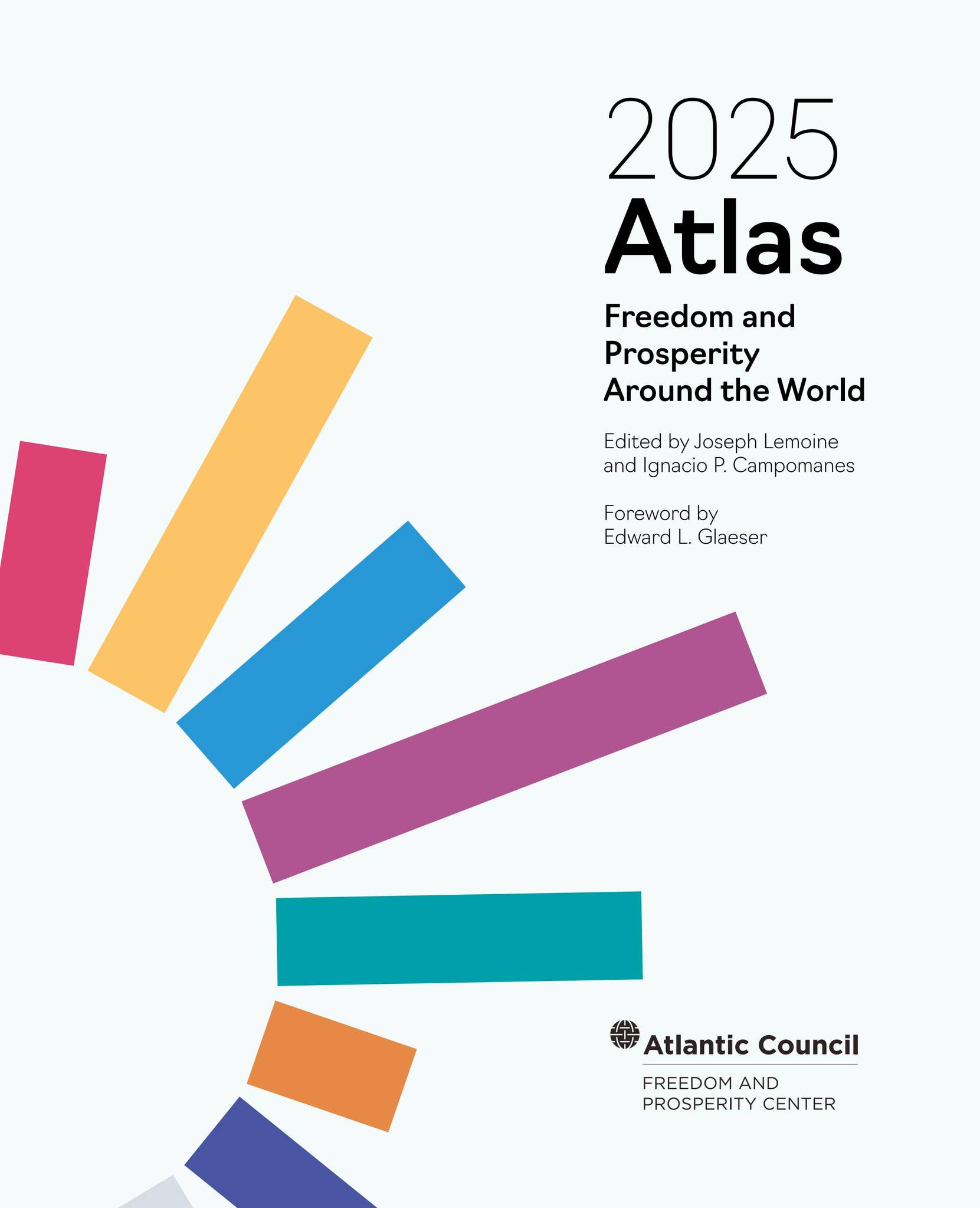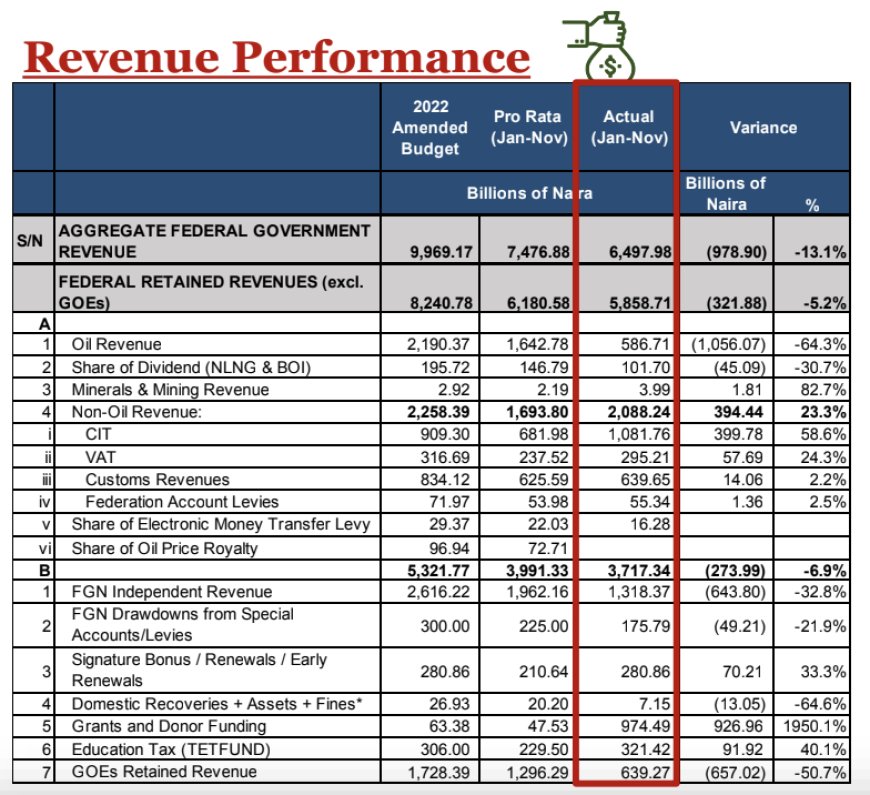In an era where digital connectivity is paramount, Africa faces a significant challenge: fragmented satellite communication regulations across its nations. This disparity hinders the continent’s potential to achieve widespread internet access, economic growth, and sustainable development. Harmonizing satellite communication licenses is not just a regulatory necessity but a strategic imperative for Africa’s future.
Africa Satellite Communication: Bridging the Digital Divide
The African continent, rich in diversity and resources, has long struggled with connectivity issues. While urban centers in countries like South Africa and Kenya boast relatively good internet access, rural areas remain underserved. This digital divide is exacerbated by inconsistent satellite communication regulations, making it difficult for service providers to offer seamless services across borders.
Africa Satellite Communication: Current Regulatory Challenges
Currently, Africa Satellite Communication faces a fragmented regulatory environment across the continent. Different countries have varying licensing requirements, creating obstacles for operators and slowing down the deployment of satellite services. For example, while some nations are open to low Earth orbit (LEO) satellite initiatives, others impose strict restrictions, limiting the overall growth and potential of Africa Satellite Communication to bridge the digital divide.
The Importance of Harmonization
Unified licensing frameworks can streamline operations, reduce costs, and accelerate the deployment of satellite services across the continent. By adopting a standardized approach, African nations can enhance service quality, promote competition, and ensure equitable access to digital resources.
Economic Benefits
Harmonized Africa Satellite Communication licenses can drive economic growth by attracting investments, encouraging innovation, and creating job opportunities in the technology sector. A unified regulatory framework for Africa Satellite Communication allows international companies to enter the continent more easily, bringing advanced technologies and expertise that benefit local markets and accelerate digital development.
Social Impacts
Improved connectivity can bridge the digital divide, providing underserved communities with access to education, healthcare, and government services. This inclusivity is crucial for achieving the United Nations Sustainable Development Goals (SDGs) and ensuring that no one is left behind in the digital age.
Regional Initiatives for Harmonization
Organizations like the African Telecommunications Union (ATU) have recognized the need for a unified approach. The ATU’s Harmonized Model Framework for Licensing of Satellite Services in Africa provides guidelines for member states to streamline licensing processes, reduce regulatory barriers, and promote regulatory certainty.
Case Studies of Successful Harmonization
Countries such as South Africa and Tanzania have made notable progress in harmonizing Africa Satellite Communication regulations. South Africa’s Independent Communications Authority has proposed new licensing frameworks to facilitate Africa Satellite Communication operators registering and operating within the country. Likewise, Tanzania has introduced guidelines for Direct-to-Device (D2D) low-Earth orbit satellite services, setting a strong precedent for the development of Africa Satellite Communication across the region.
The Future Outlook
Looking ahead, the harmonization of satellite communication licenses in Africa holds immense potential. By aligning regulations, African nations can create a cohesive and competitive digital market that attracts global players, fosters innovation, and drives sustainable development.
Technological Advancements
Unified licensing can pave the way for the adoption of emerging technologies such as 5G, Internet of Things (IoT), and artificial intelligence (AI). These technologies rely on robust and reliable satellite communication networks, which can be more effectively deployed in a harmonized regulatory environment.
Policy Recommendations
To achieve effective harmonization, African governments should:
- Adopt the ATU’s Harmonized Model Framework as a baseline for national regulations.
- Engage in regional dialogues to align policies and share best practices.
- Invest in capacity building for regulatory bodies to manage advanced satellite technologies.
- Encourage public-private partnerships to foster innovation and infrastructure development.
Conclusion
The unification of satellite communication licenses across Africa is not merely a regulatory adjustment but a strategic move towards a digitally connected continent. By embracing harmonization, Africa can unlock new opportunities for economic growth, social development, and technological advancement, ensuring a prosperous future for all its inhabitants.
For more news and updates on Africa’s digital transformation, click here.
For more related news , click here.




